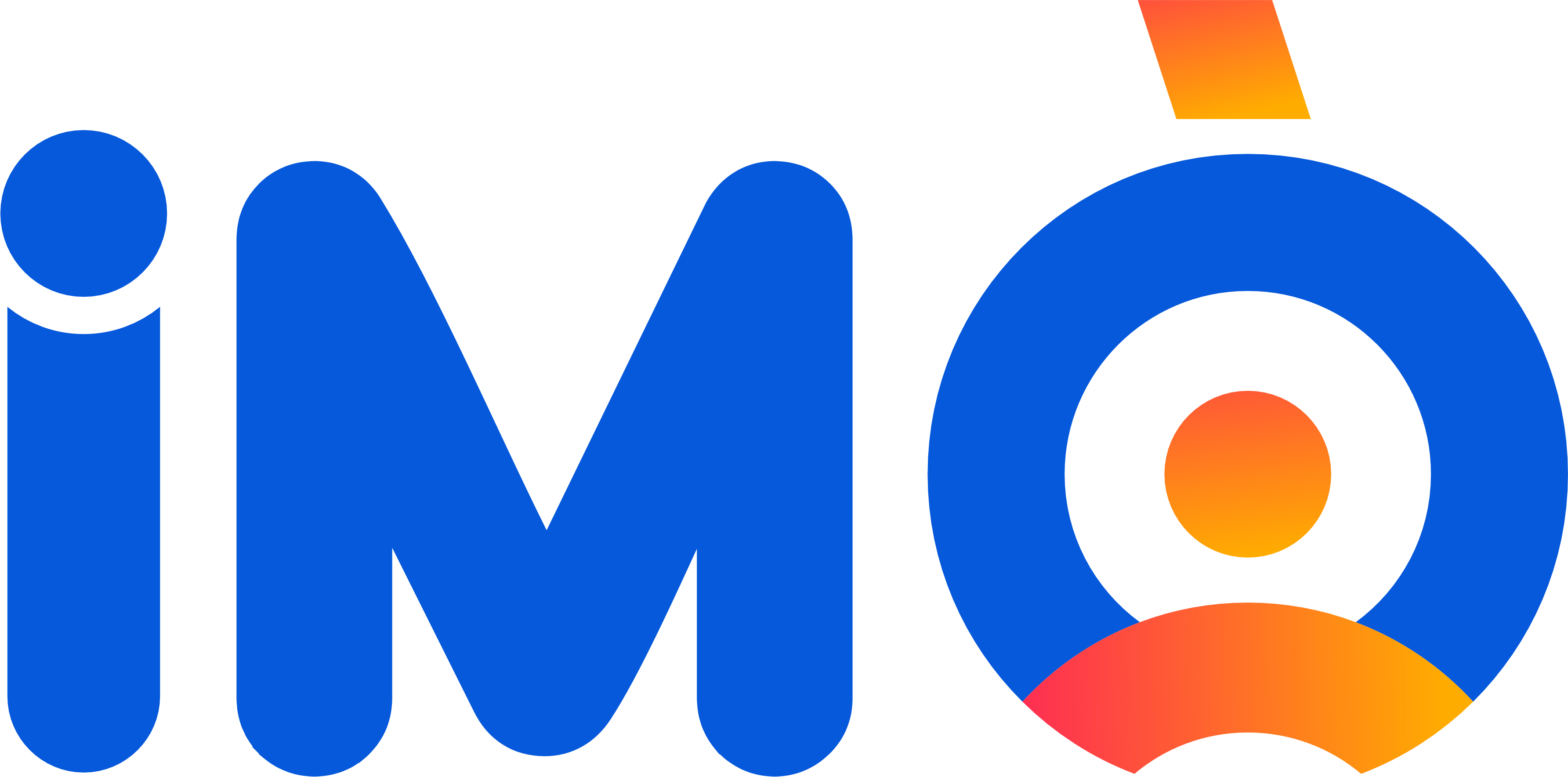The nature of work has been undergoing a profound transformation, propelled by advancements in technology, shifting societal norms, and the recent global challenges that have redefined traditional employment paradigms. As we navigate through the complexities of this evolving landscape, IMÒ, a leading authority in workforce analytics and organisational strategy, offers valuable insights into the future of remote work.
By leveraging data-driven approaches and innovative methodologies, IMÒ sheds light on emerging trends, challenges, and opportunities that shape the remote work paradigm. This article delves into IMÒ’s findings, exploring how remote employment is not merely a temporary adjustment but a fundamental shift that redefines the traditional workplace.
From the rise of virtual collaboration tools to the importance of work-life balance, IMÒ illuminates the pathways organisations can take to cultivate a successful remote workforce. We will delve into the implications of this shift on productivity, employee well-being, and corporate culture, while also examining the technological innovations that facilitate seamless collaboration across distances.
Additionally, we will discuss the potential challenges that lie ahead, such as maintaining engagement and fostering inclusivity in a virtual environment. By analysing current trends and projecting future developments, IMÒ aims to equip businesses and professionals with the knowledge necessary to thrive in the ever-changing world of work.
Join us as we explore the evolution of work through IMÒ’s lens, gaining insights that will empower organisations to effectively harness the potential of remote employment in the years to come.
The Remote Work Revolution: A Brief History
To appreciate where we’re headed, it’s essential to understand where we’ve been. Remote work isn’t a novel concept, telecommuting has been around since the 1970s, albeit in a limited capacity. The internet, however, changed the game entirely. As technology advanced, so did our ability to work from anywhere, be it a coffee shop, a beach in Bali, or the comfort of our homes.
Fast forward to 2020, and the COVID-19 pandemic propelled remote work from a niche option to the mainstream. Companies that once baulked at the idea of their employees working from home were suddenly forced to adapt or perish. The result? A seismic shift in how we view work, productivity, and the very concept of the office.
IMÒ: Championing the Future of Work
Enter IMÒ, a trailblazer in the remote work landscape. IMÒ isn’t just riding the remote work wave; they’re shaping it. With a keen understanding of the evolving nature of work, IMÒ offers a platform that connects talents with companies in a way that transcends geographical boundaries. Their model is simple yet powerful: provide meaningful remote internships that prepare young professionals for the future of work, regardless of where they are in the world.
But IMÒ’s approach isn’t just about placing talents in remote roles. It’s about fostering a global community of talent, where skills and passion are more important than location. By breaking down the barriers of traditional employment, IMÒ is helping to create a more inclusive, diverse, and accessible workforce.
Addressing Societal Concerns: The Remote Work Conundrum
While the benefits of remote work are plentiful, flexibility, reduced commuting time, and a better work-life balance, to name a few, it’s not without its challenges. As we navigate this new world of work, several societal concerns have emerged that warrant our attention.
1. The Blurring of Work-Life Boundaries
One of the most significant concerns with remote work is the blurring of work-life boundaries. When your home becomes your office, it’s easy to lose sight of where work ends, and life begins. Burnout becomes a real risk when employees feel they must be “always on,” responding to emails late into the night or working weekends to meet deadlines.
IMÒ recognises this challenge and advocates for a balanced approach to remote work. They encourage their talents and partnering companies to set clear boundaries, such as defined working hours and designated workspaces, to help maintain a healthy work-life balance. After all, a happy worker is a productive worker.
2. The Social Isolation Dilemma
Another concern is the potential for social isolation. Humans are inherently social creatures, and the office has traditionally been a place for camaraderie and collaboration. The shift to remote work has disrupted these social dynamics, leading to feelings of loneliness and disconnection for some.
IMÒ addresses this issue by fostering a sense of community among its remote talents. Through virtual meetups, mentorship programmes, and collaborative projects, IMÒ ensures that remote workers don’t feel like they’re navigating this new world of work alone. They understand that while remote work offers independence, it shouldn’t come at the cost of human connection.
3. The Inequality Gap
Remote work has the potential to widen the inequality gap. Not everyone has access to a quiet home office, high-speed internet, or the latest technology. For those living in shared spaces or dealing with unreliable internet connections, remote work can be a source of frustration rather than freedom.
IMÒ is acutely aware of these disparities and works to level the playing field. They provide resources and support to ensure that all talents, regardless of their circumstances, have the tools they need to succeed. By promoting digital literacy and providing access to essential technologies, IMÒ is helping to bridge the digital divide.
The Future of Remote Work: What Lies Ahead?
So, what does the future hold for remote work? If IMÒ’s insights are anything to go by, it’s a future filled with possibilities. As technology continues to advance, the barriers to remote work will continue to diminish. Virtual reality, AI, and blockchain are just a few of the innovations that could revolutionise how we work remotely, making it more immersive, secure, and efficient.
However, as we embrace this brave new world, it’s crucial to remain mindful of the challenges and work collectively to address them. The future of work isn’t just about technology, it’s about people. Organisations like IMÒ are leading the way by putting people at the heart of their remote work strategies, ensuring that the evolution of work benefits everyone, not just a privileged few.
In conclusion, the evolution of work is a journey, not a destination. As we continue to navigate the complexities of remote employment, it’s clear that there’s no one-size-fits-all solution. The insights provided by IMÒ underscore the significant and lasting impact of remote employment on the future of work. As we embrace this transformative era, it is clear that organisations must adapt to new realities, leveraging technology and fostering a culture that prioritises flexibility and well-being.
The data-driven findings from IMÒ not only highlight the opportunities for enhanced productivity and collaboration but also emphasise the importance of addressing the challenges that come with this shift.
By proactively embracing these changes, companies can position themselves at the forefront of the evolving work landscape, ensuring they remain competitive and relevant in a world where the definition of work continues to expand. Whether you’re a seasoned professional or an intern just starting out, the opportunities in this new world of work are endless.
As we look ahead, the lessons learned from this evolution will be crucial in shaping a more inclusive and dynamic workforce for years to come. So, here’s to the future, one that’s remote, connected, and full of promise.
If your organisation is ready to embrace this evolution and tap into a global pool of diverse and skilled talent, IMÒ is your partner in navigating the future of work. Visit IMO to explore how their innovative remote internship programmes can help your business thrive in this new era.
Join the movement towards a more flexible, inclusive, and dynamic workforce, and take the next step in the evolution of work.

